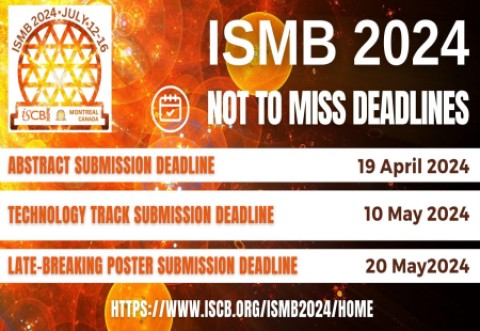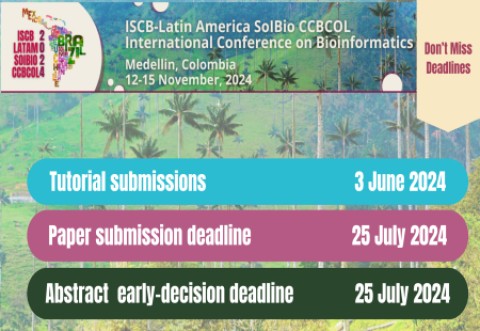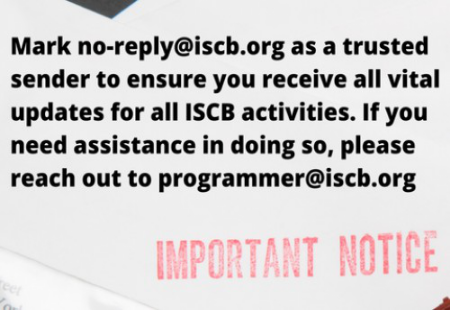
FASEB News - June 1, 2010
Contact: Cody Mooneyhan
This email address is being protected from spambots. You need JavaScript enabled to view it.
301-634-7104
Federation of American Societies for Experimental Biology
After the oil spill: New research sheds light on coral susceptibility to environmental stress
New research in the FASEB Journal shows how coral reefs cope with environmental stress such as 'extractive activity': Innate immunity defends the colonyBethesda, MD—Much attention has been paid to the fate of wildlife living on and above the Gulf of Mexico's surface. Now, a new research study published in the June 2010 print issue of the FASEB Journal (http://www.fasebj.org) looks toward the seafloor to explain coral susceptibility to disease outbreaks when they encounter environmental stress and to set the stage for understanding exactly what type of undersea environment is necessary to promote coral health and growth after the oil spill cleanup. In addition, this research also opens doors for the development of new tools that can assess the health of corals, which is important when trying to establish manmade reefs or to save ones that already exist.
"We hope this study will highlight the need to maintain favorable environmental conditions on reefs to maximize the functioning of coral immune mechanisms and avert outbreaks of coral disease and bleaching," said Caroline Palmer, one of the researchers involved in the work who is from the Australian Research Council Centre of Excellence for Coral Reef Studies and School of Marine and Tropical Biology at James Cook University in Queensland, Australia. "Otherwise, declining environmental conditions associated with extractive activities, deteriorating water quality and a changing climate will threaten the long term persistence of corals and coral reefs, which support millions of lives worldwide through fisheries, tourism, and coastal protection amongst other functions."
Palmer and colleagues sampled several coral species from the Great Barrier Reef to determine whether a suite of cellular and biochemical mechanisms of immunity were active. Using histological techniques they documented the presence and area of melanin-containing granular cells and the activity of specific enzymes as measures of oxidative damage and repair. Then the scientists investigated the relationship between coral immunity and disease and susceptibility to by analyzing the data on the activity of innate immunity in conjunction with published data on coral species' susceptibilities to oxidative bleaching and disease. Results suggest that different coral species invest different amounts of resources in immunity and defense, which may explain differences in the susceptibility to negative environmental impacts.
"You don't have to be a marine biologist to know that the Gulf oil spill is an environmental disaster of the first order. Stuff leaching from the ocean floor is the worst environmental challenge a coral reef can face," said Gerald Weissmann, M.D., Editor-in-Chief of the FASEB Journal. "But with luck, and with marine biology to explain how coral reefs survive, we can begin to get the Gulf ecosystems back on track sooner rather than later."
According to the National Oceanic and Atmospheric Administration, "Corals that are spawning at the time of an oil spill can be damaged because the eggs and sperm, which are released into the water at very precise times, remain at shallow water depths for various times before they settle. Thus, in addition to compromising water quality, oil pollution can disrupt the long-term viability and reproductive success of corals, rendering them more vulnerable to other types of disturbances. In western Australia and the Flower Garden Banks of the northern Gulf of Mexico, spawning occurs in late summer or fall."
###
Receive monthly highlights from the FASEB Journal by e-mail. Sign up at http://www.faseb.org/fjupdate.aspx. The FASEB Journal (http://www.fasebj.org) is published by the Federation of the American Societies for Experimental Biology (FASEB). The journal has been recognized by the Special Libraries Association as one of the top 100 most influential biomedical journals of the past century and is the most cited biology journal worldwide according to the Institute for Scientific Information.
FASEB comprises 23 societies with more than 100,000 members, making it the largest coalition of biomedical research associations in the United States. FASEB enhances the ability of scientists and engineers to improve—through their research—the health, well-being and productivity of all people. FASEB's mission is to advance health and welfare by promoting progress and education in biological and biomedical sciences through service to our member societies and collaborative advocacy.
Details: Caroline V. Palmer, John C. Bythell, and Bette L. Willis. Levels of immunity parameters underpin bleaching and disease susceptibility of reef corals. FASEB J. 2010 24: 1935-1946. doi: 10.1096/fj.09-152447 ; http://www.fasebj.org/cgi/content/abstract/24/6/1935






























